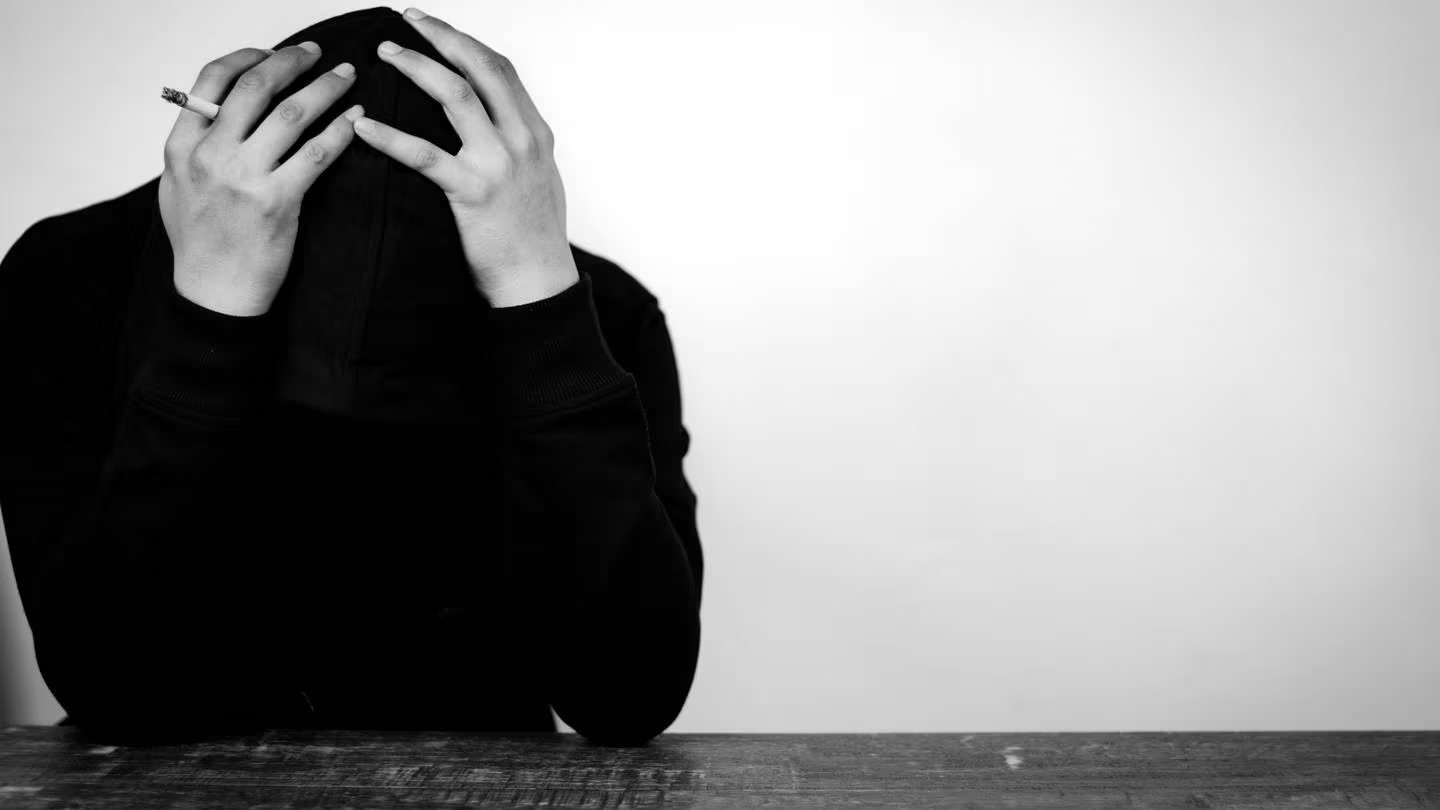Workplace culture highlighted in report into suicide of Nelson addiction services clinician


A youth clinician who took his own life had complained of being increasingly distressed at work. His death triggered an investigation into the workplace culture within Nelson-Marlborough DHB's addiction services. Photo: 123rf.
WARNING: This story is about suicide
An addiction services clinician who took his own life was said to have been stressed and exhausted as a result of a heavy workload and a management style that had left him increasingly distressed.
A coroner said in a report released on Monday that drug and alcohol counsellor Andrew Walker’s death in August 2020 was self-inflicted.
It triggered an in-depth investigation into the workplace culture at the then Nelson-Marlborough District Health Board.
Despite WorkSafe NZ inspectors finding a “very poor workplace culture” within the board’s Alcohol and Drug Service, it concluded that no enforcement action be taken because the DHB had taken reasonable steps to address the issues.
The 46-year-old worked as a youth clinician at the DHB’s addiction service. He moved to the role after working within the board’s Early Intervention Service (EIS) where he had enjoyed being able to form close therapeutic relationships with his clients and their families, the coroner’s report said.
His partner said in evidence that Andrew found his experience at the addiction service to be very different, as was his experience with its manager.
Previously, he’d felt supported by his manager while assisting clients with difficult matters, but at the addiction service, Andrew reportedly felt pressured to attract high numbers of people to attend appointments.
In the two years preceding Andrew’s death, staff at the addiction service had very high caseloads and were struggling with a new manager’s style and initiatives, which added to the already stressful situation.
By June 2020 Andrew was experiencing dizzy spells, and appeared exhausted, which he attributed to work stress.
The following month his partner, who also worked for the addiction service, found him staring blankly and looking physically drained and unwell.
She scheduled an appointment for him with his doctor who prescribed Escitalopram for depression. Coroner Sue Johnson said in her decision that clinical notes of this consultation showed that he felt that work was the antecedent factor and a major stressor.
She said a report from another doctor who saw Andrew twice in August 2020 showed he had a history of depression and anxiety and had been “on and off” antidepressants since 2006.
At the appointment on 3 August, Andrew cited long-term stress in his job and that he had not had a break for some time, but it was the doctor’s opinion that there was no imminent risk to his safety.
He was prescribed Quetiapine to help him sleep and provided with a medical certificate for five days.
At the follow-up appointment on 11 August, Andrew reported a significant improvement but that he was occasionally tearful. The doctor’s impression was that Andrew had significantly improved, and a medical certificate was provided for two further weeks off work.
On 13 August, 2020, Andrew and his partner attended a meeting with Andrew’s manager at which the death of a former patient was discussed.
Despite assurances from his partner and the manager, Andrew tried to take responsibility for a possible miscommunication between himself and a doctor who cared for this former patient.
He said he was not going to return to work and planned to use up his remaining sick leave.
The following day Andrew felt unwell and decided to remain in bed. That afternoon his partner found him crying in bed, and then later found him sitting on the bathroom floor crying. He told her he was “having dark thoughts”.
He was found dead later that evening after the family had had dinner together.
On 3 September, 2020, WorkSafe New Zealand was notified of an alleged unsafe work environment due to alleged bullying and unmanageable workloads at the NMDHB Alcohol and Drug Service.
A WorkSafe inspector met with 11 workers who all reported inappropriate behaviours by the manager, including behaviours that could be described as bullying (as defined in WorkSafe guidance on bullying).
The workers talked about a culture of fear and intimidation by the manager. They spoke of high caseloads and inconsistent allocation of work, as the manager was someone who “played favourites”.
The DHB commissioned an external investigation by a psychologist who identified 22 recommended improvements, including addressing “the inappropriate and unprofessional behaviour of the AOD Service Manager that are [sic] having a significant negative impact on the mental health of most of the AOD staff”.
An interim manager was appointed while an ongoing employment process was under way regarding the previous manager.
WorkSafe reported that the DHB responded to all requests and suggestions, and made good progress in implementing changes to policies and procedures.
Police were satisfied following an investigation that there was no criminal liability or suspicious circumstances surrounding Andrew’s death, which the coroner accepted.
SUICIDE AND DEPRESSION
Where to get help:
• Lifeline: 0800 543 354 (available 24/7)
• Suicide Crisis Helpline: 0508 828 865 (0508 TAUTOKO (available 24/7)
• Youth services: (06) 3555 906
• Youthline: 0800 376 633
• What's Up: 0800 942 8787 (11am to11pm)
• Depression helpline: 0800 111 757 (available 24/7)
• Rainbow Youth: (09) 376 4155
• Helpline: 1737
If it is an emergency and you feel like you or someone else is at risk, call 111.

